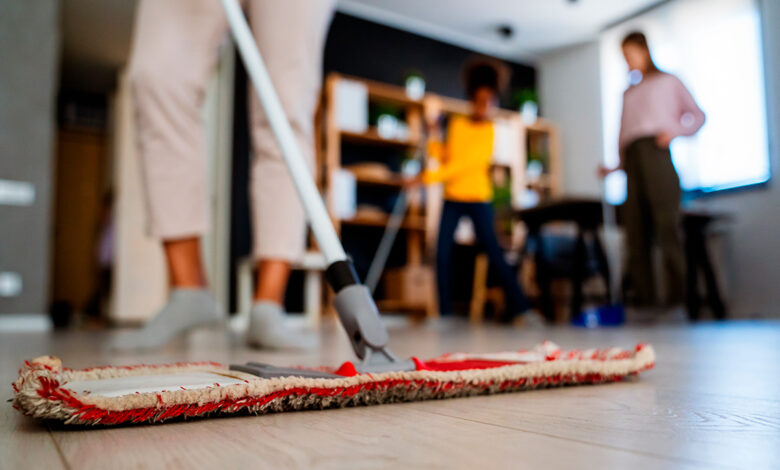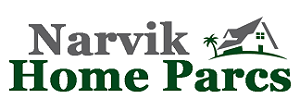Practical Solutions for a Cleaner Outdoor Environment

Outdoor areas should be a pleasant extension of indoor living spaces, but maintaining cleanliness and hygiene can be challenging. Warm weather, leftover food, and improperly sealed containers often attract unwanted visitors. Flies, in particular, are more than just a nuisance—they can carry bacteria and create an unpleasant environment. This makes waste management not just a matter of tidiness, but also health and comfort. Simple habits can make a significant difference in preventing issues from escalating. By identifying common attractants and addressing them consistently, outdoor spaces become more enjoyable. Creating a cleaner environment doesn’t have to be time-consuming—it just requires mindful changes.
Managing Food Waste More Effectively
Organic waste is one of the biggest culprits when it comes to attracting pests. Whether it’s leftover meals, expired groceries, or scraps from meal prep, food breaks down quickly in warm conditions. Using sealed bags and disposing of food daily helps reduce the smell and exposure that attracts flies. Keeping bins closed and away from direct sunlight can slow decomposition. If composting is part of your routine, make sure the system is well-managed and far from high-traffic areas. Proper food waste management significantly reduces the chances of insect activity around your home or business.
Cleaning Habits That Keep Areas Fresh
Routine cleaning may not always seem necessary, but with bins and surrounding areas, it makes a big impact. Leaks, spills, and residue often go unnoticed, especially under lids or at the bottom of containers. These small remnants can be a strong attractant. A quick rinse with soapy water or a mild disinfectant can eliminate lingering odors and remove buildup. Adding a natural deodorizer, like citrus peels or baking soda, offers an extra layer of freshness. Making this part of your weekly routine is a proactive way to discourage insects from gathering.
Securing Bin Lids and Openings
Flies are opportunistic—they seek out the easiest access to food sources. Loose lids or cracked containers offer an open invitation. Investing in secure, sealed bins creates a strong first line of defense. Locking lids or clip-on covers help keep contents enclosed and reduce the release of odors. This small upgrade can make a noticeable difference. For those looking for additional ways to improve bin hygiene and pest control, this helpful product can assist with how to get rid of flies around bins using a straightforward and odor-blocking approach.
Reducing Moisture in Waste Areas
Flies thrive in moist environments, and even small amounts of standing water can encourage breeding. Drips from drink bottles, soggy food waste, or wet cardboard are all potential attractants. Keeping bins dry on the inside and around the base discourages this behavior. Try to drain excess liquid before disposal and store bins in covered areas when possible. If rain is common in your region, consider lids with better sealing or angled tops to prevent water pooling. Less moisture means fewer places for flies to settle and breed.
Making Outdoor Maintenance a Routine
Consistency is key when it comes to outdoor hygiene. Setting reminders or assigning tasks to a routine can prevent the gradual buildup of waste, odors, and pests. Whether it’s cleaning bins, trimming vegetation near waste storage, or checking for damage, small, regular actions make a big difference. A well-maintained space is not only more pleasant but also less attractive to pests. Over time, these small efforts become second nature and contribute to a healthier living environment.
Taking small but consistent steps can lead to noticeable improvements. Explore solutions that suit your lifestyle and make outdoor spaces cleaner and more inviting every day.

